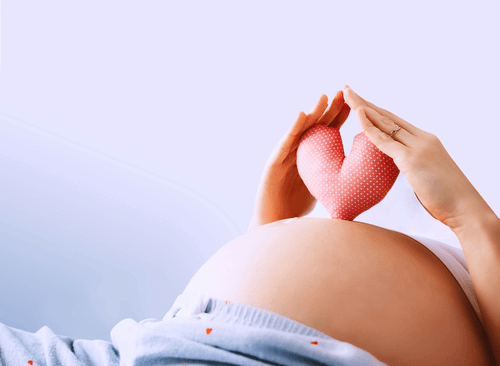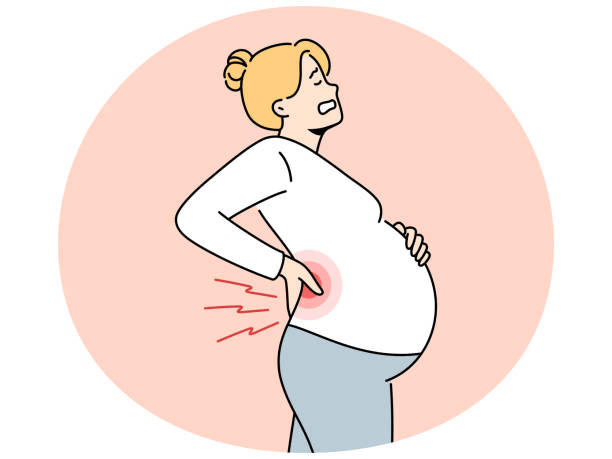Leg Cramps During Pregnancy: Causes, Prevention, and Treatment
Leg cramps, those sudden and painful involuntary muscle spasms, affect nearly half of all pregnant women, particularly during the second and third trimesters. These cramps commonly strike the calves and feet, causing discomfort and sleep disturbances.
What Causes Leg Cramps During Pregnancy?
The exact cause of leg cramps during pregnancy remains unclear. However, several factors may contribute to these muscle spasms:
- Weight Gain: The additional weight from pregnancy increases stress on the leg muscles.
- Circulatory Changes: Pregnancy affects blood circulation, potentially leading to cramps.
- Nerve Compression: The growing uterus can put pressure on nerves and blood vessels that extend to the legs, causing cramps.
Also read: Natural Ways To Treat Gum Disease During Pregnancy: A Comprehensive Guide
How to Prevent and Treat Pregnancy Leg Cramps
While leg cramps can be painful, several strategies can help prevent and alleviate them:
- Exercise Regularly: Regular physical activity can improve circulation and reduce the likelihood of cramps. Incorporate a stretching routine into your daily exercise. A simple calf stretch involves:
- Standing at arm’s length from a wall, placing your hands on the wall.
- Moving your right foot behind your left foot, with toes facing the wall.
- Slowly bending your left leg forward while keeping your right knee straight and your right heel on the floor.
- Holding the stretch for about 30 seconds, keeping your back straight and hips forward, and breathing deeply through the stretch. Repeat with the other leg.
- Stretch When Cramps Occur: If a spasm hits, gently stretch the affected muscle, then rest with your legs elevated. A warm bath, ice massage, or muscle massage can also provide relief.
- Stay Hydrated: Drinking plenty of water is crucial. Ensure your urine is clear or light yellow, indicating adequate hydration.
- Wear Support Stockings: Compression socks can help improve blood flow and reduce the incidence of cramps.
- Nutritional Adjustments: Increase your intake of calcium and magnesium, essential minerals for muscle function. Foods rich in these nutrients include whole grains, beans, dried fruit, nuts, and seeds.
- Consult Your Healthcare Provider: If your leg cramps are severe or persistent, seek medical advice. Your healthcare provider may recommend additional supplements or medications.
Sources
By following these guidelines, you can manage and reduce the discomfort of leg cramps during pregnancy, ensuring a healthier and more comfortable journey to motherhood.
Also read: Navigating Pregnancy After A Miscarriage: Comprehensive Guide






